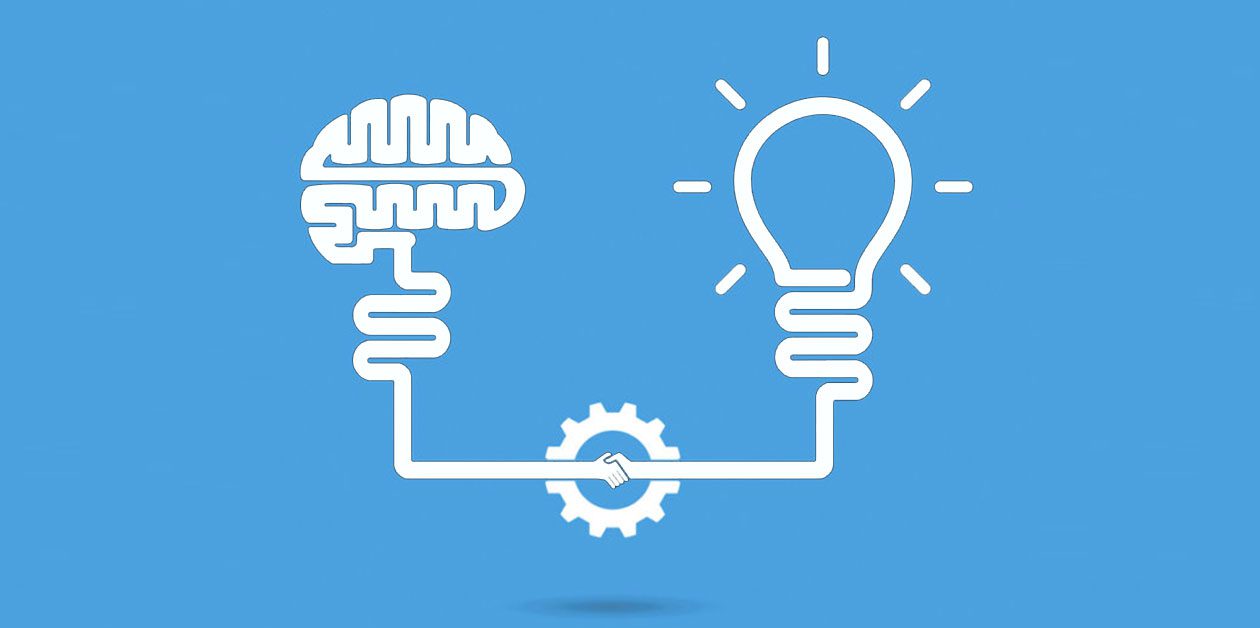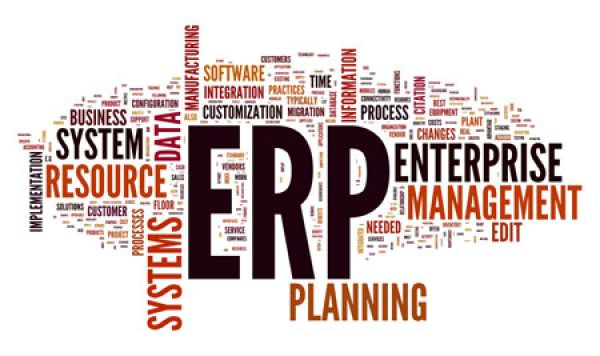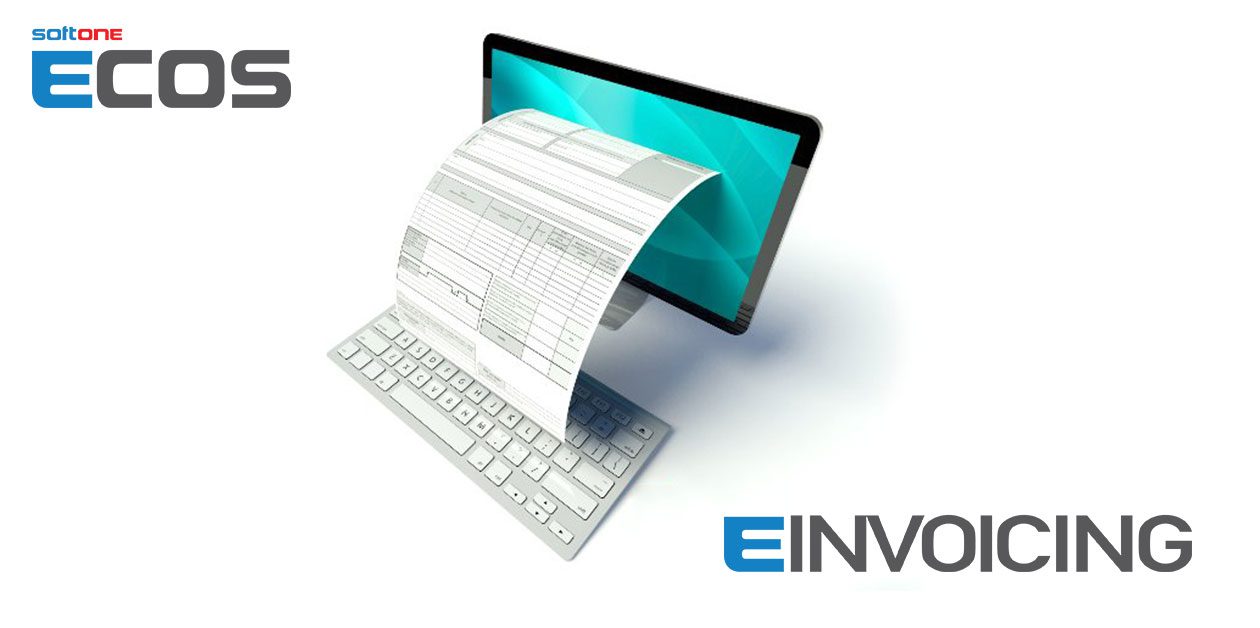Share
Read also
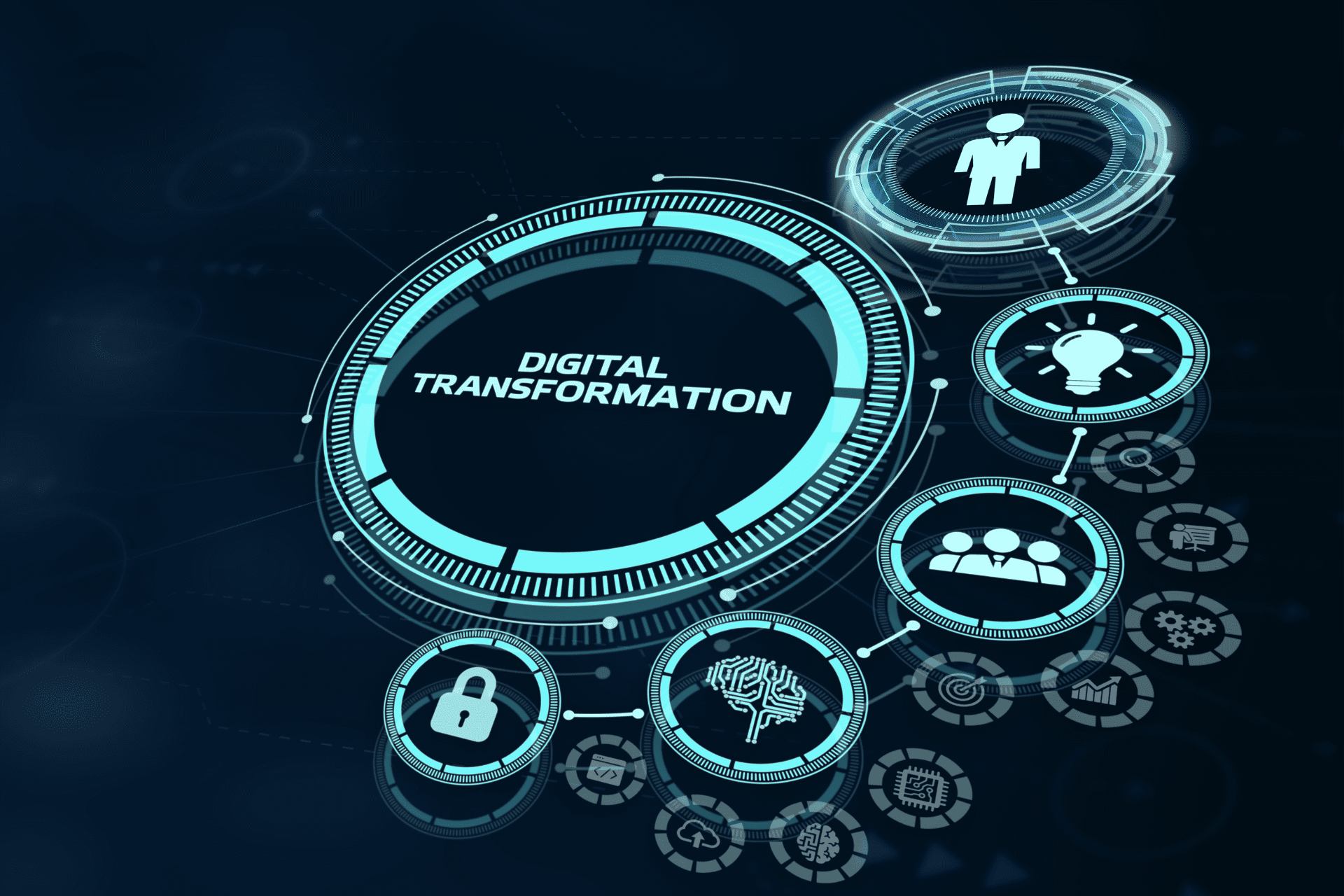
Trends & Views
Digital transformation strategies
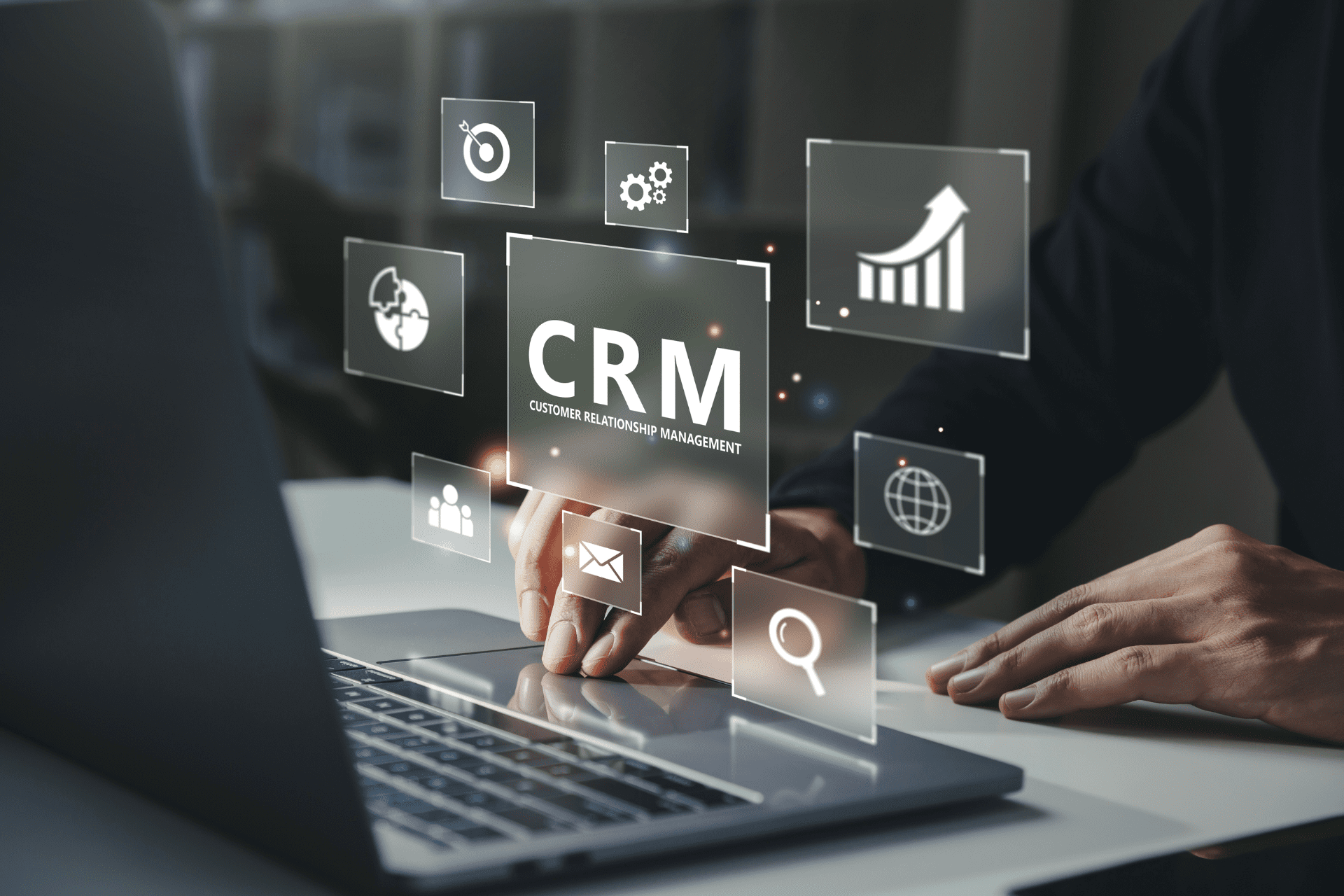
Business Software
CRM 2025 market: Response to increasing customer demands
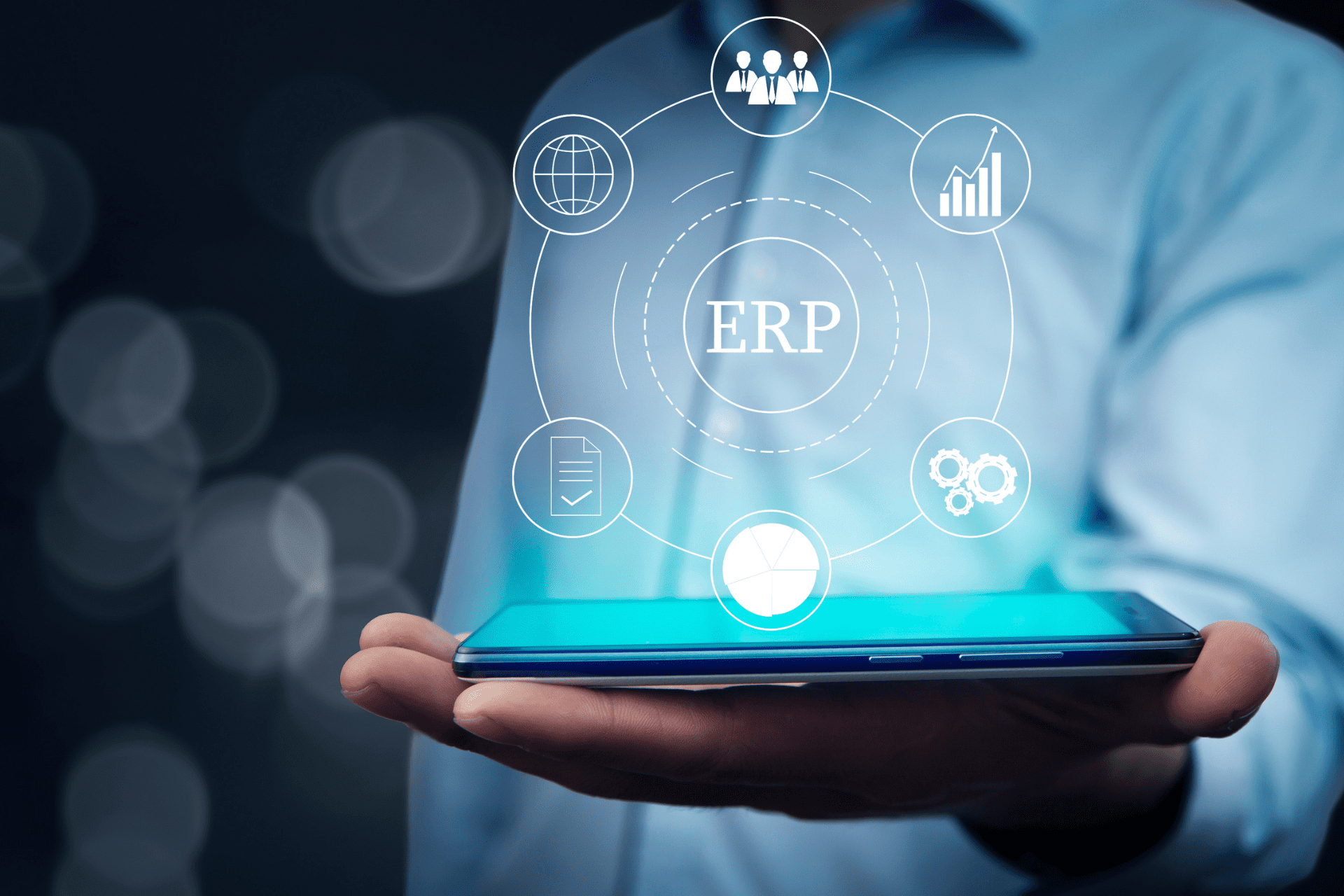
Business Software
Understanding the ERP lifecycle management

Mobility
How is EM shaping the way SMBs operate?
A research by Gartner predicts that almost half of all businesses will have moved their ERP systems to the cloud by the end of 2019, or will be in the process of doing so. That means that not only many businesses will have to upgrade their systems and solutions, but also that ERP vendors will have a chance to integrate innovations such as AI. Read below to find out more about some interesting ERP innovations for modern businesses.
The role of AI
Machine learning technology has much to offer to ERP users, especially in terms of automation. AI will contribute by detecting the specific fields where employees can use automation to achieve more effective business processes. In many occasions, ERP systems can define and organize automation on behalf of the employees. It is obvious that the role of AI will become increasingly more important as employees become more accustomed to its tools.
Predictive analytics
ERP is the control center of your business, since it “houses” everything: from HR files to client orders and so on. ERP systems are innovating in the way in which they are attempting to add more value to business data. Even more so now that cloud-based ERP offers more opportunities and features. For example, ERP analytics have gone beyond the simple stage of documenting and have proven to be extremely useful in transforming business data into insights that can actually be used.
Simpler interaction, greater productivity
One of the issues that businesses had to face in the past concerning ERP, was the complexity of the system and its interaction with users, which could be occasionally problematic. A modern innovation that takes advantage of AI’s abilities, offers a working environment which helps users interact with the system in even easier ways. Artificial intelligence will make ERP even more user-friendly, resulting in increased productivity. For example, voice recognition can be used in cases where manual data input is impossible.
Chatbots are another example, in the case of help desks, where human intervention will not be necessary until a later stage. It might be something as simple as a voice interface, or as complex as digital assistants that will help users navigate an ERP system and discover the optimal action in each case.
Improved data integration
Theoretically, an ERP is the central system of a business. Despite that, businesses often use other alternative methods, such as spreadsheets or manual data input and so on, which prevent their ERP from becoming the main node for all appropriate processes. Nevertheless, the cloud improves data integration since cloud-based ERP systems connect easier to other systems through APIs. This change improves significantly the way in which data is forwarded to the ERP, resulting in a more integrated and effective system.
